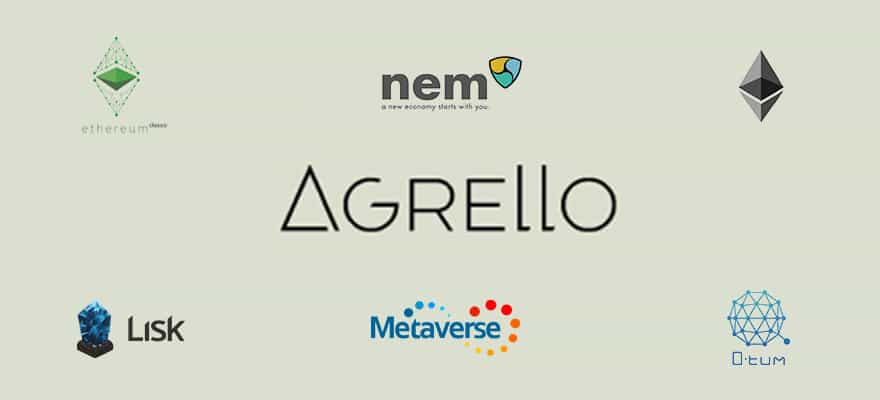Estonian Blockchain startup Agrello has announced its plans to optimize its system for the Ethereum ecosystem, while remaining compatible with a series of other blockchain stacks. It previously selected Qtum as its infrastructure for the company’s AI powered smart contract interface, but it is not yet ready for the startup's needs.
The London Summit 2017 is coming, get involved!
Explaining the company’s decision, Agrello listed several reasons for its choice to develop on Ethereum. Among them is the maturity of the Ethereum ecosystem and the continuous efforts by the Ethereum Foundation to overcome regulatory hurdles.

Hando Rand
“Operating at the intersection of the legal system, financial institutions and disruptive technologies, Agrello is highly dependent on the establishment of good industrial relationships with the off-chain world. We regard the work done by the Ethereum foundation on this matter as invaluable, and seek to be an active player in the field, lending our hand to promote this effort even further,” said Agrello CEO, Hando Rand.
According to the announcement, Agrello will issue an Ethereum-based token in its upcoming ICO, but plans to remain compatible with other blockchain environments, such as Metaverse, Antshares, Lisk, Qtum, RSK, Ethereum Classic, and NEM.
Speaking with Finance Magnates about the switch from Qtum, Rand explained: "The tables have turned since over a month ago. We are starting the development with Ethereum. However, as we taking a cross platform approach, we are still open to integrate Qtum as well, but we need to see that it can deliver the value we need. Right now we are integrating on Ethereum as a starter as it is tested and stable enough to build our own platform."
In its mission statement Agrello declares that it aims to use its technology to allow users “without coding or legal skills to form legally-binding agreements on the blockchain”, and to “streamline production processes through the automation of resource allocation”. To do so, Agrello develops a graphic interface that allows users to assemble contracts, which are then compiled to code, managed, and executed on the users behalf by intelligent agents.


















